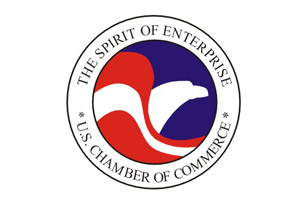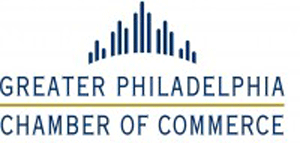Big business, we hear you.
That’s one of the messages the White House has been trying to send since last November’s election. December’s business-friendly tax package and the hirings of ex-JP Morgan exec Bill Daley and General Electric CEO Jeff Immelt probably helped. But President Obama hopes to really kick the pro-business messaging into high gear Monday morning in a post-election hand-holding session with US Chamber of Commerce President Tom Donohue.
Unfortunately, it’s unclear whether Donohue and the chamber actually speak for the community they claim to represent: over half of the Chamber’s funding comes from just 16 contributors. And as Mother Jones reported last November, almost 94% of the Chamber’s budget came from fewer than 1,500 of its 50-100,000 members—a number that continues to shrink. This year, over 50 local chambers cut ties with or distanced themselves from the national body, many over its lobbying against health care reform. Donohue, meanwhile, has made no secret of the chamber’s habit of handing its lobbying agenda over to its highest donors, granting large corporations like BP and Goldman Sachs “all the deniability they need.” But now, even big-name companies like Apple, General Electric, and Nike, are turning their backs on the chamber over its anti-environment views.
The chamber is also contending with allegations that it used over $18 million from the AIG-affiliated Starr Foundation for political advocacy instead of the charitable uses for which it was intended. And speaking of political advocacy, the chamber spent $32 million on misleading political ads on behalf of Republican candidates in last year’s elections. Many of these ads also drove off local members.
On Monday, the Agenda Project, a a New York?based public policy center, put out a video slamming Obama for the meeting (it’s embedded below). “Two weeks ago [in his State of the Union speech] the President promised that he would work to rebuild people’s faith in government—meeting with the biggest lobbyists in the country is hardly a step in the right direction,” said Agenda Project Founder Erica Payne. “The President is well aware that the Chamber is in actuality just a high priced lobbyist for a small number of corporations. I hardly think the President will restore our faith in government by fawning over the banks at the center of the financial crisis, oil companies like BP who destroyed the Gulf and insurance companies who secretly funneled $10 million through the Chamber to fight insurance reform,” Payne said.
What’s the Chamber to do? Unyoking itself from big business runs the risk of alienating the big corporate contributors that bankroll its activities. It’s the moment of truth for the lobby: does it recommit itself to the mission of its local chapters, or continue down the road of self-imposed marginalization by continuing to do the bidding of the most notorious members of corporate America?













